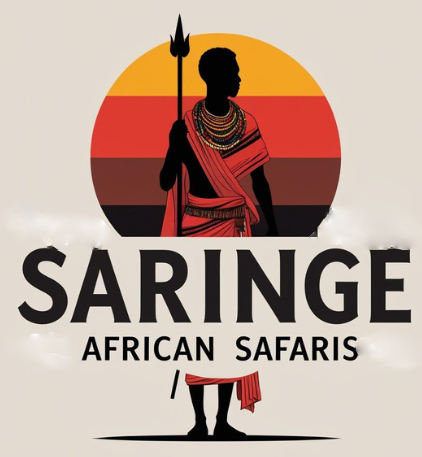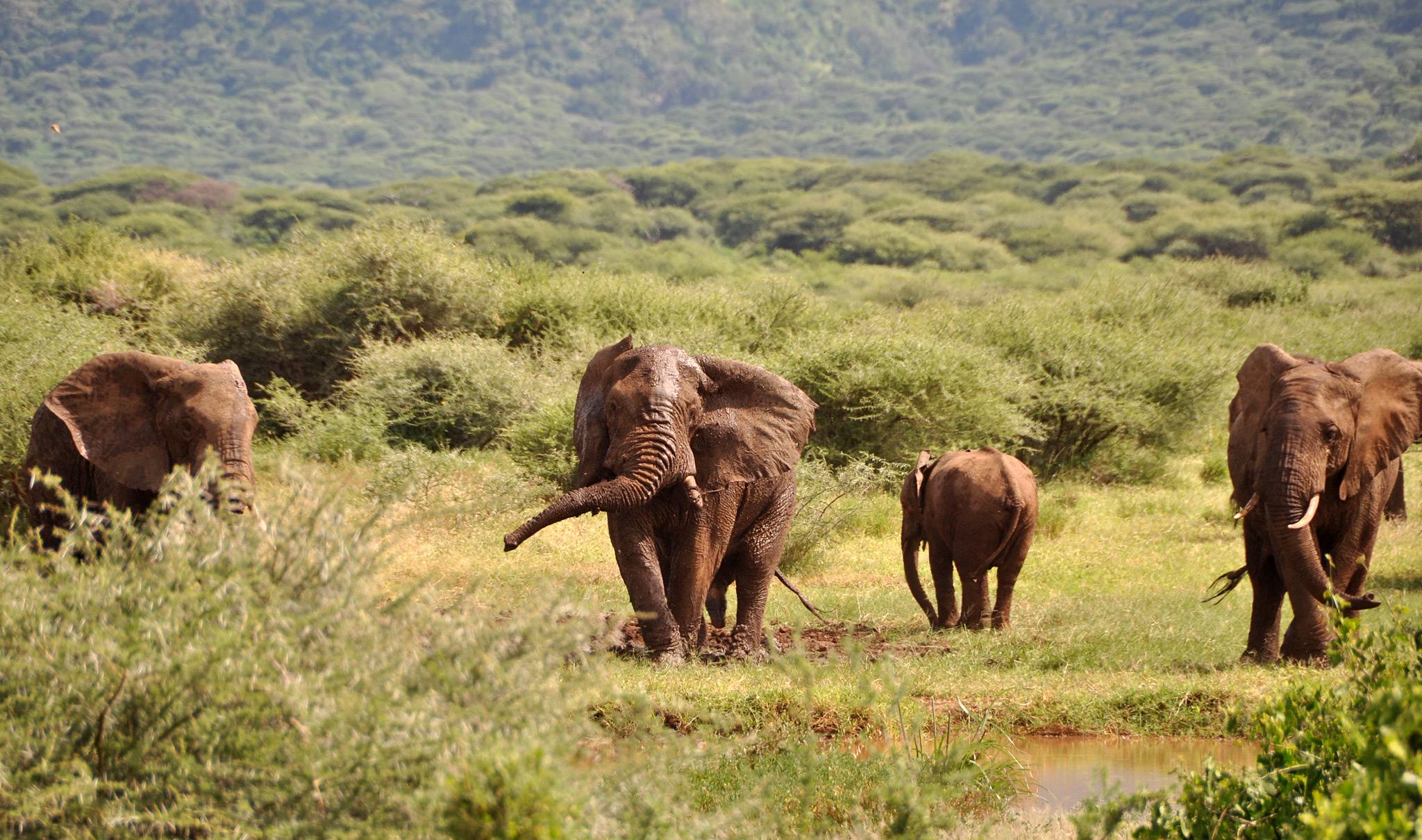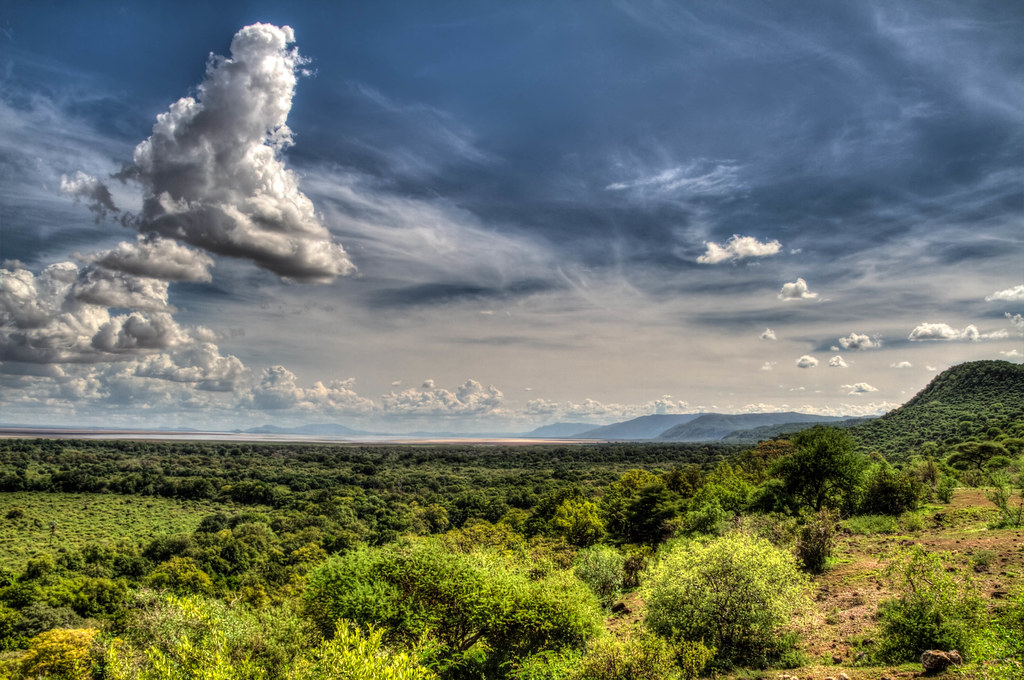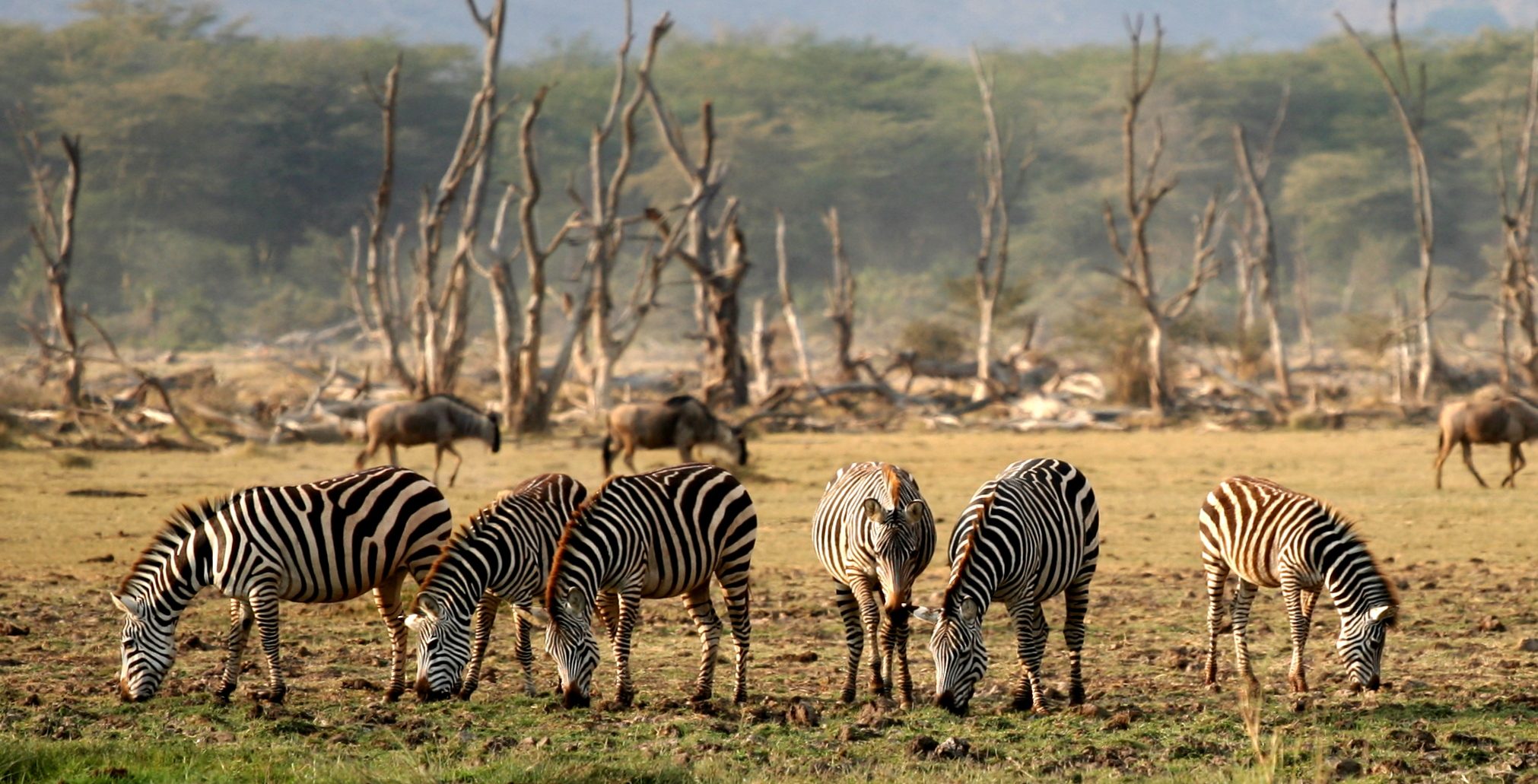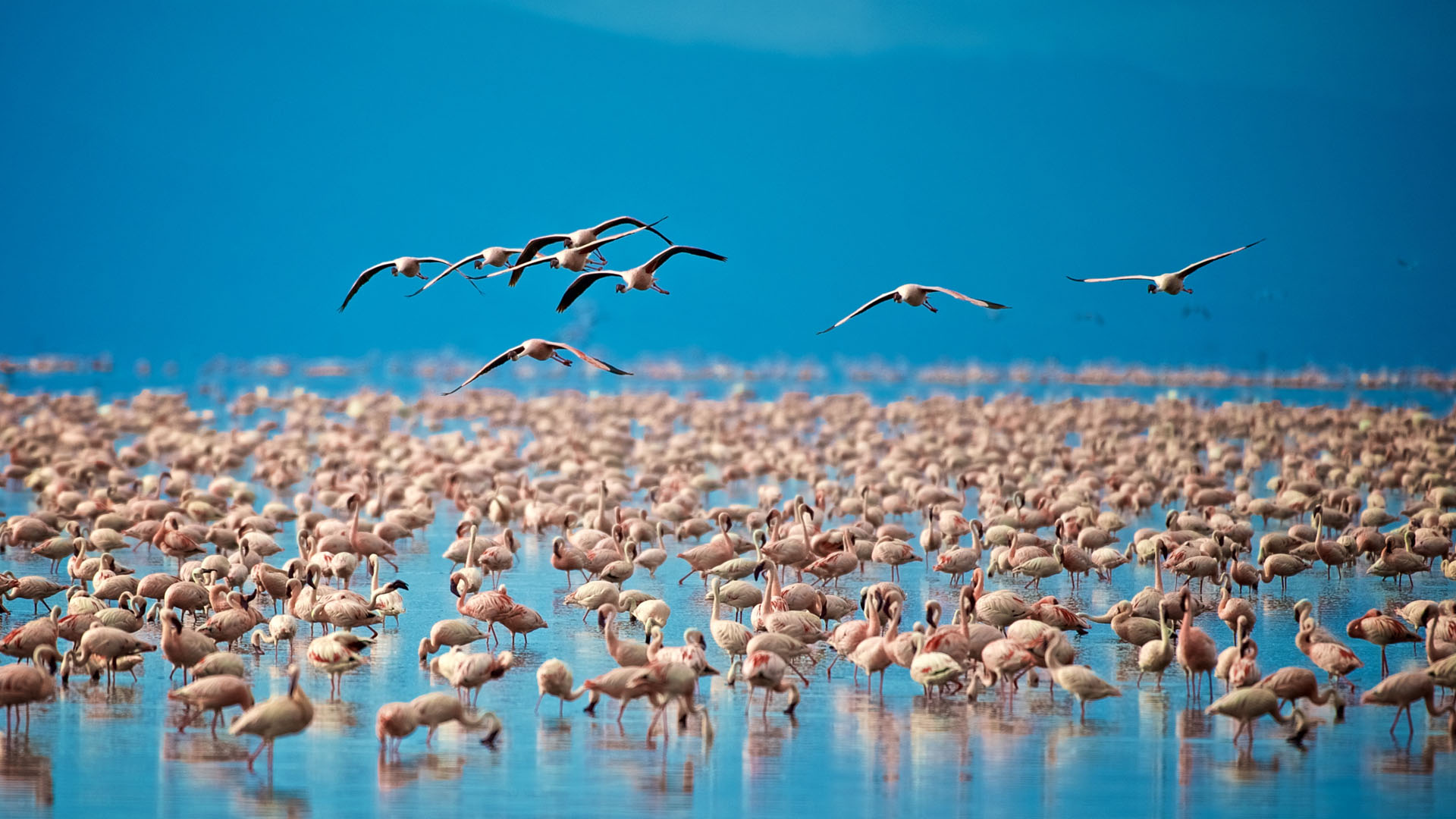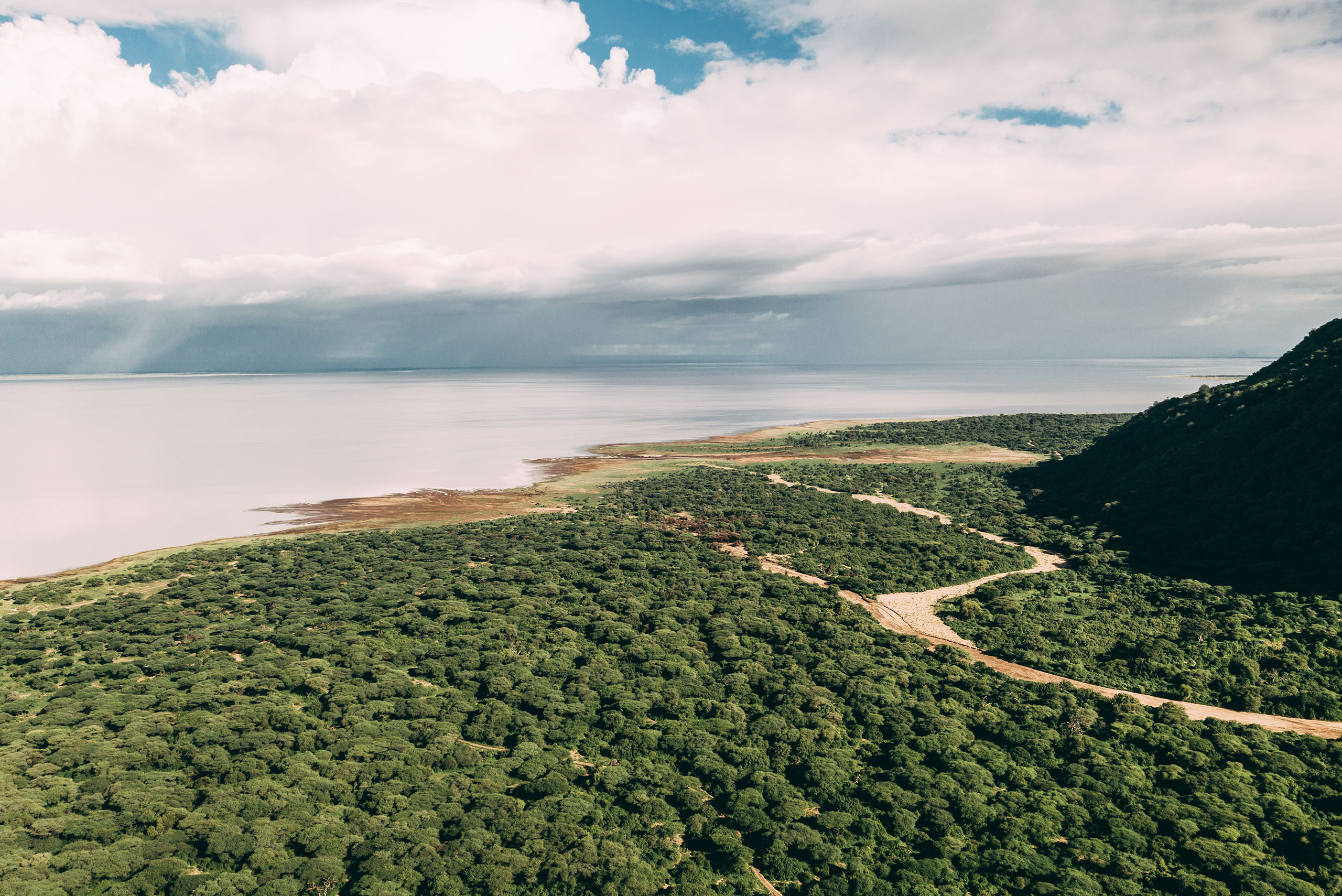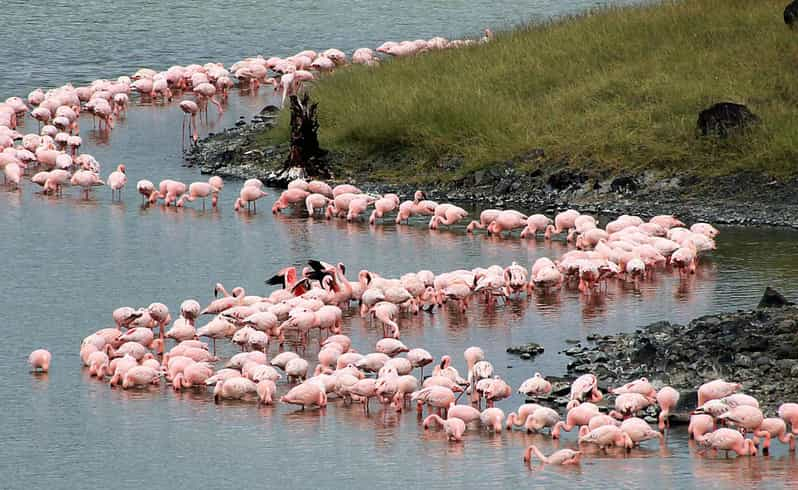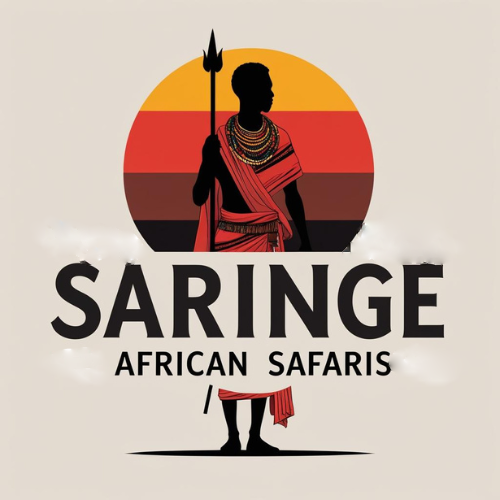Manyara National Park
Manyara National Park
Nestled at the base of the Great Rift Valley escarpment in northern Tanzania, Lake Manyara National Park is a compact yet spectacular wildlife haven covering approximately 330 km² with about two-thirds occupied by the shallow, alkaline Lake Manyara Established in 1960 and recognized within a UNESCO Biosphere Reserve, the park’s landscape includes groundwater-fed forests, acacia woodlands, marsh pockets, hot springs, and sweeping savannah plains beneath dramatic cliffs. Despite its small size, it is home to extraordinarily high concentrations of wildlife—most famously tree-climbing lions, expansive elephant herds, flamingo-streaked lakeshores, and flourishing birdlife. This mosaic of habitats delivers unmatched biodiversity, dramatic scenery, and varied safari experiences—all within an easily accessible, less crowded park.
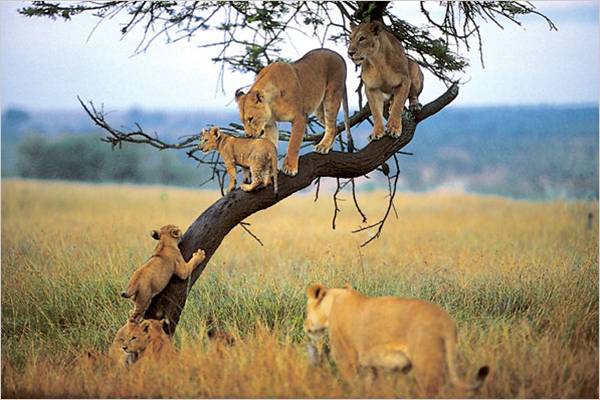
Rare Tree-Climbing Lions
Lake Manyara is one of the few places in the world where lions routinely climb acacia trees—relaxing on branches and gazing down at the plains below. This unique behavior is mesmerizing and makes the park a bucket-list destination .
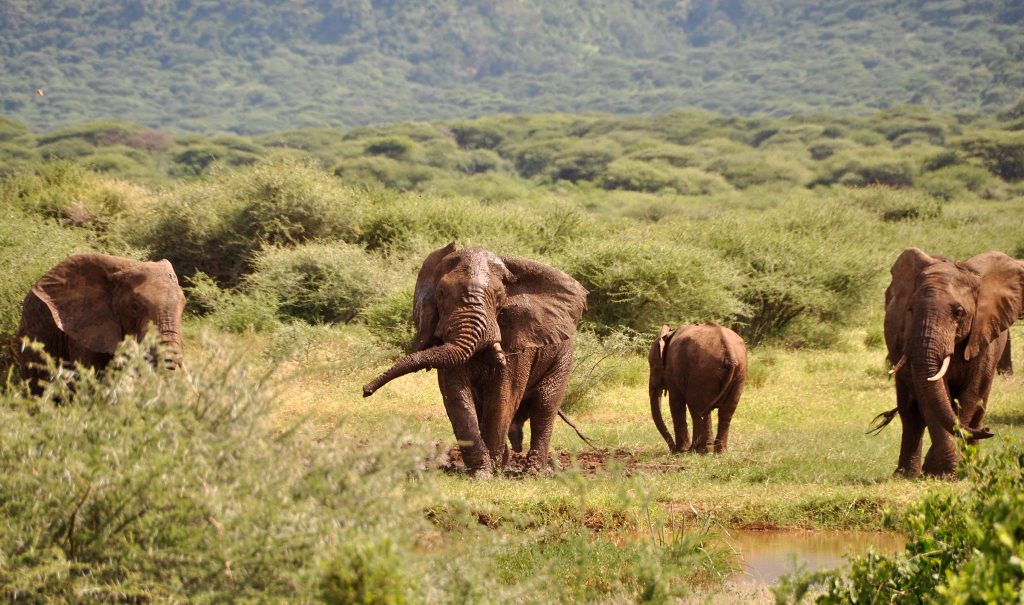
Extraordinary Elephant Concentrations
Boasting one of Africa’s highest elephant densities, Manyara offers near-certain daily sightings. Elephants often linger near the lake shores and forest fringes, creating intimate wildlife viewing opportunities rarely found in other parks .
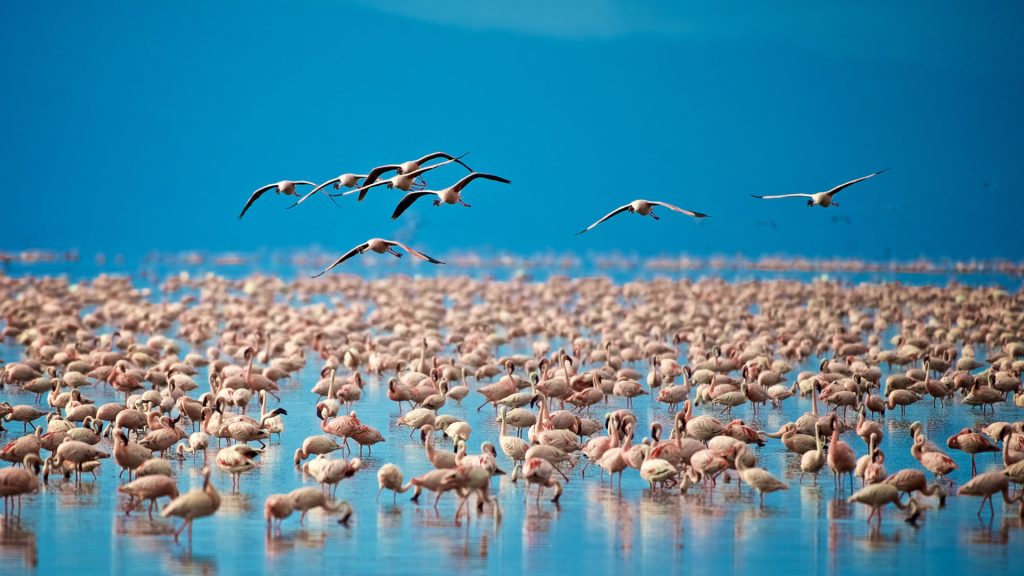
Birdwatcher’s Paradise with Flamingo Spectacle
Home to over 400 bird species, the park is a major birding hotspot. During the wet season, its alkaline shores support shimmering flocks of up to 2 million flamingos, along with pelicans, storks, herons, and kingfishers—a breathtaking avian display.
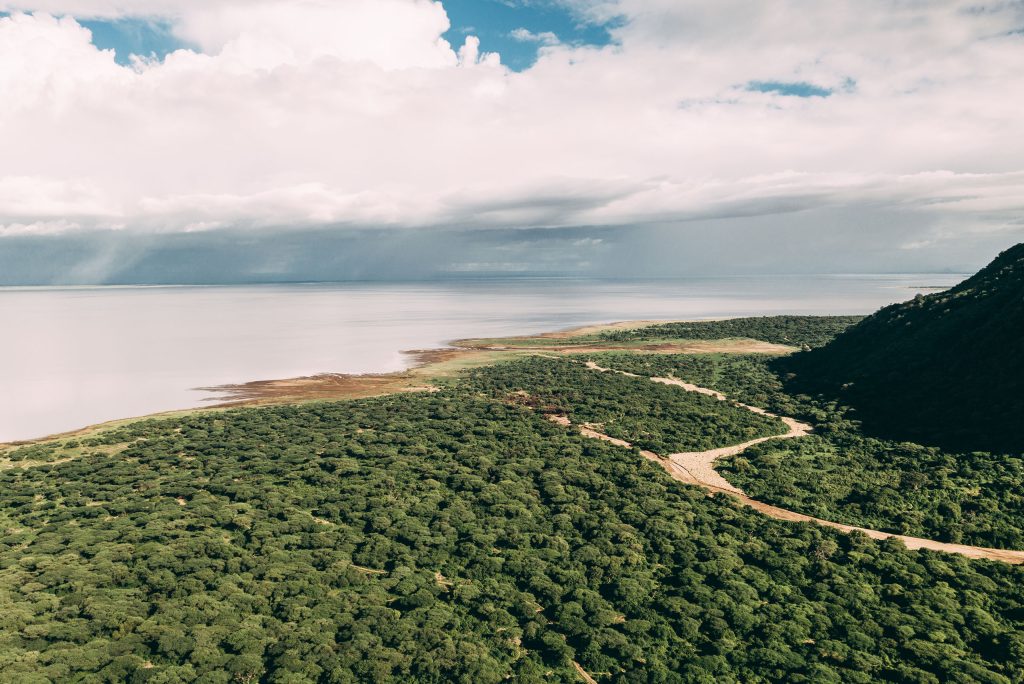
Stunning Rift Valley Landscapes
Lake Manyara’s backdrop includes the towering Rift Valley escarpment, lush groundwater forests, and open plains—all captured from elevated viewpoints that offer dramatic vistas and perfect photo opportunities .
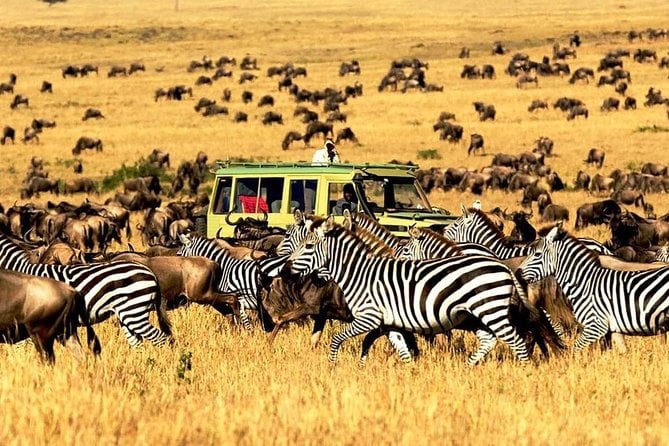
Diverse Safari & Cultural Activities
Beyond traditional game drives, Manyara offers canoe safaris on the lake, guided forest walks, night drives featuring nocturnal species, and visits to nearby Maasai communities for cultural immersion—making it ideal for adventurous and culturally curious travelers alike .
